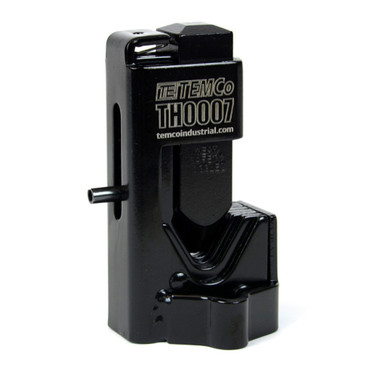TenagaSurya
New Member
- Joined
- Nov 16, 2021
- Messages
- 2
I hope it's ok to ask this question here, as it seems related to the discussion above:
I, too, am making a sort of budget portable suitcase, with the intention of being able to set 2 x 50w flexible panels (mounted on polycarbonate roofing backing to minimise flex) some distance away from a van (up to 10-20m) to catch the sun while parked in the shade. Multi-stranded, UV stabilised, double insulation layer solar cable (4 mm2) would seem the best choice but I am reluctant as it is very expensive, compared to equivalent cross section (4 mm2 ) 7-stranded single PVC insulation layer 'building wire' - intended for use in home wiring, where it is not exposed to sunlight.
The PVC insulation in this building wire is rated to 90 degrees Celsius, which seems probably sufficient. But will it handle being out in the Australian sun (not likely to be used in cold conditions)? The setup probably won't get used more than say 21 days a year for as many years as it takes the flexible panels to die (ten years?)...
I, too, am making a sort of budget portable suitcase, with the intention of being able to set 2 x 50w flexible panels (mounted on polycarbonate roofing backing to minimise flex) some distance away from a van (up to 10-20m) to catch the sun while parked in the shade. Multi-stranded, UV stabilised, double insulation layer solar cable (4 mm2) would seem the best choice but I am reluctant as it is very expensive, compared to equivalent cross section (4 mm2 ) 7-stranded single PVC insulation layer 'building wire' - intended for use in home wiring, where it is not exposed to sunlight.
The PVC insulation in this building wire is rated to 90 degrees Celsius, which seems probably sufficient. But will it handle being out in the Australian sun (not likely to be used in cold conditions)? The setup probably won't get used more than say 21 days a year for as many years as it takes the flexible panels to die (ten years?)...
Last edited:




